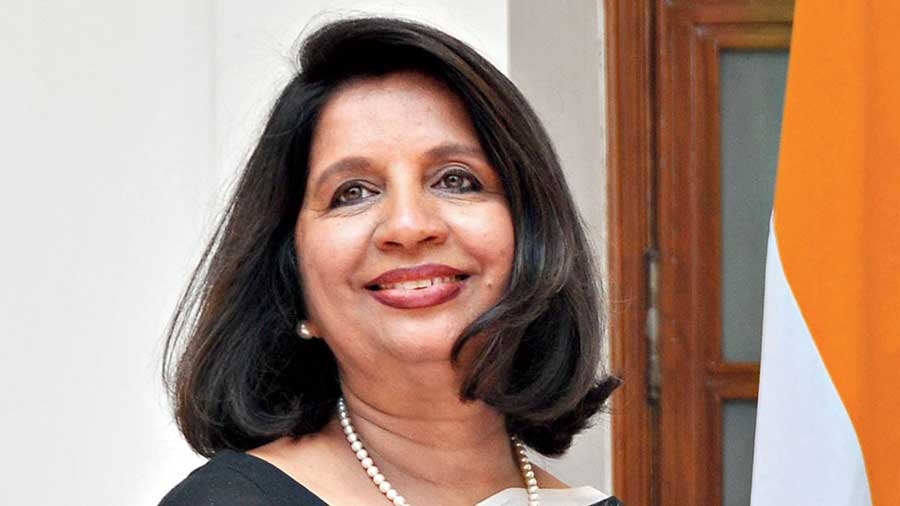For decades now, India’s global influence has been greater than China’s in only one sphere: soft power. Yet, as the former Indian foreign secretary, Nirupama Rao, has warned, that relative strength too is now at risk of waning, largely because of New Delhi’s own actions — or inactions. The arrows in India’s quiver are many: from its stature as the world’s largest democracy and its immense diversity to the moral authority of M.K. Gandhi’s model of successful non-violent resistance that was adopted by Nelson Mandela, Martin Luther King and other icons. The addition of yoga, spiritualism, delicious cuisines and Bollywood to this mix has led to the creation of an enviable and powerful cocktail that should be hard to match for an authoritarian State, which, until recently, was inward looking and uneasy with its own ancient traditions. But as Ms Rao pointed out while speaking at the second Krishna Bose lecture, these advantages would count only if India upholds constitutional values, including human rights and sensitivity towards minorities.
At a time when militant far-right groups feel emboldened to issue public calls for genocide against a religious minority, it is vital for India to pay heed to this message. This is especially so for the government of Prime Minister Narendra Modi which routinely highlights India’s rich history and significant achievements — although the line between myth and fact is occasionally blurred — to pitch the country as a vishwaguru or global teacher. To be sure, China’s own aggressive ‘wolf diplomacy’ of late is hardly conducive to Beijing’s projection of soft power. In Hungary, large protests against a proposed Chinese university campus have forced a referendum. And in the United States of America, a celebrated Harvard chemist was convicted last week for lying about ties with China. But with an economy six times the size of India’s, and with superior technological and military prowess, China has resources New Delhi does not possess. The Indian Council for Cultural Relations, the agency primarily responsible for the country’s soft power expansion, has 38 centres abroad. China, by contrast, has more than 550 Confucius Institutes spread across over 150 countries, with the largest number in America, its bitter rival. Earlier this year, while India had to suspend exports of Covid-19 vaccines because of a domestic shortage caused by botched planning, China was flooding Latin America and Africa with its vials. To compete again in soft power, India must reconnect with its core strengths. New Delhi’s totem must be M.K. Gandhi, not Nathuram Godse.











